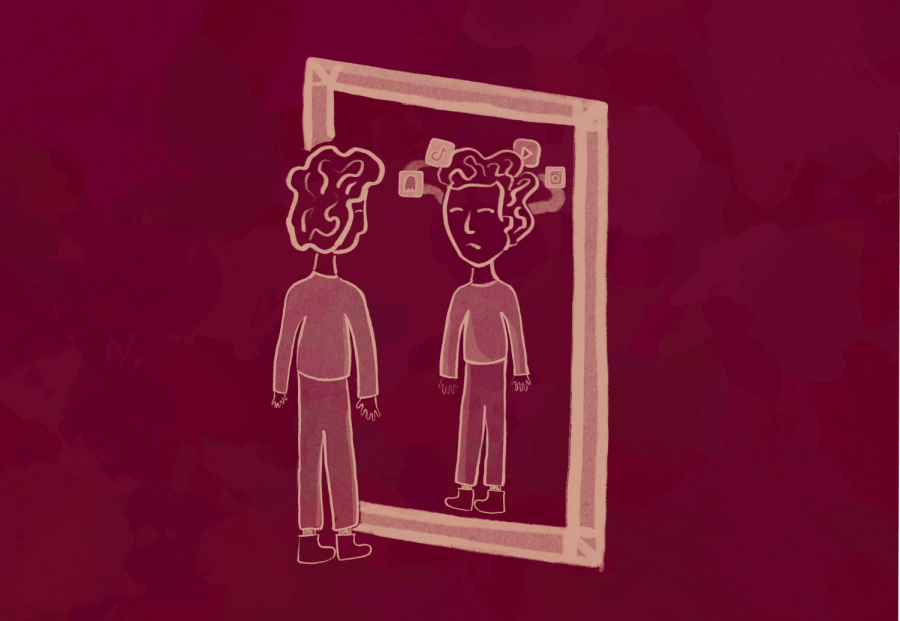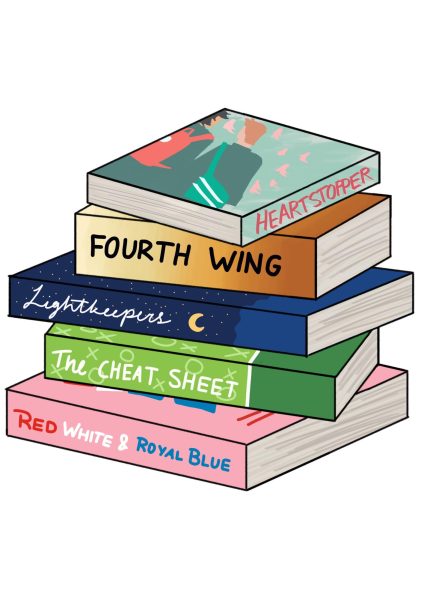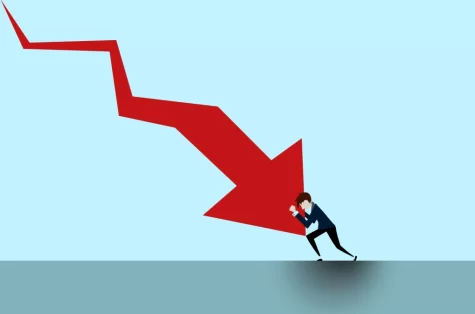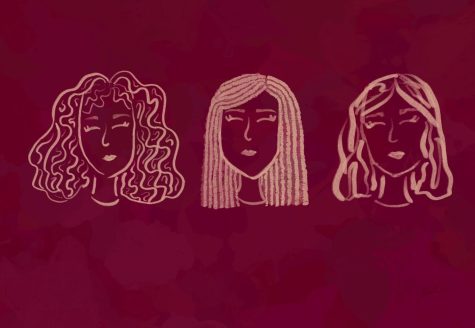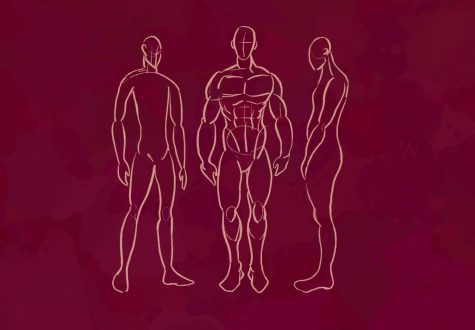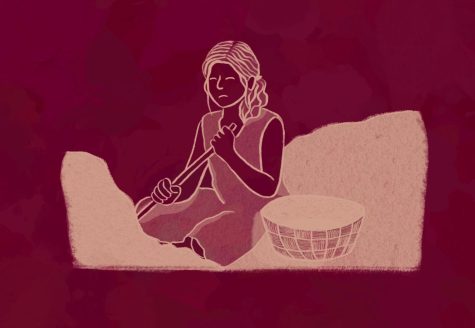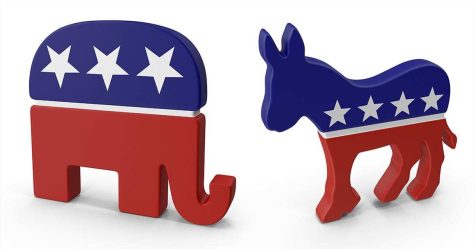The Beauty Industry: Social media’s unrealistic beauty standards
Ever since we were little, we were told to love and accept ourselves. Unfortunately, self-love is becoming harder and harder now that modern-day beauty standards are close to unachievable. Social media nowadays is built to erase imperfections in order to conform with modern day norms. These unrealistic beauty standards are causing irreparable damage, wreaking havoc on the well-being and self esteem of our generation.
A study done by the Pew Research center found that nine out of 10 teens in the U.S. aged 13 to 17 use social media in some form. They also found a correlation between using social media at a young age and being dissatisfied with one’s appearance. A study done by the Center for Discovery describes that social media is a powerful medium for sharing and reinforcing one’s thoughts and feelings. Although social media is not the only factor in deciding the paradigm for attractiveness, the fact that it is easily accessible and has so many users makes avoiding its ideals hard, nearing impossible – a fact that many companies capitalize on. According to Global Issues, the beauty industry spends about $17 billion per year on over 25,000 ads targeting teens.
Many teens who see the fabricated appearances of models and celebrities end up believing that using filters or photoshop is natural, leaving their mental health severely impacted when they do not look as pretty as they are led to believe is expected. Bullying behavior at school is often related to physical attributes, and this teasing of weight or beauty (based on the standard set by brands and cosmetics) has long-lasting detrimental effects on students, mainly physiological in relation to mental health. Social media can erase these perceived flaws through the use of filters. Teens may even take it a step further and use makeup to change their appearance to look more ‘sexy’ or ‘innocent,’ such as the siren eyes or doe eyes trend on T A survey by ParentsTogether even showed that those who use filters often on social media are far more likely to want plastic surgery. By using beauty filters, teens feel more confident in this altered appearance, leading them to feel more confident online than in real life.
By fostering this sense of acceptance, compounded with the race to get the most followers and likes on various platforms, teens are led to chase validation from unknown online personalities. When they are unable to reach their goal, or see someone with even more followers or likes than they have, they feel even more depressed (Center for Research in Child Development).
Along with being impossible to attain, this false sense of beauty based on physical appearance distorts what beauty really means. Beauty is not superficial, it is about your character, integrity and how you treat others. Social media reduces this concept to almost its opposite – by encouraging users to only share photos at their best, we constantly try to show the world how “perfect” our lives are. These posts only show a fraction of our lives, but are often interpreted to be so much more.
That is not to say social media is all bad, though. Platforms like Instagram and TikTok can encourage body positivity and help users learn to accept and love themselves. In short, the use of social media needs to be shifted to valuing the beauty of a person’s character and actions instead of simply one’s external appearance.



